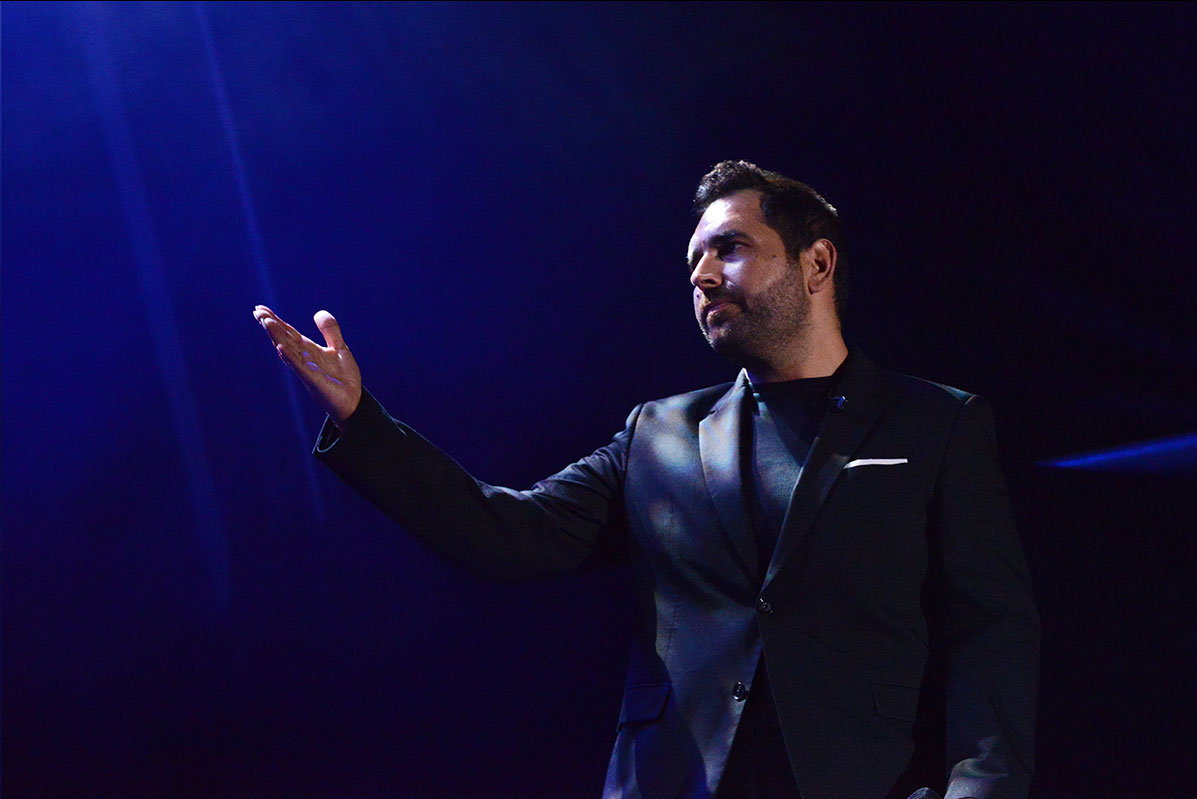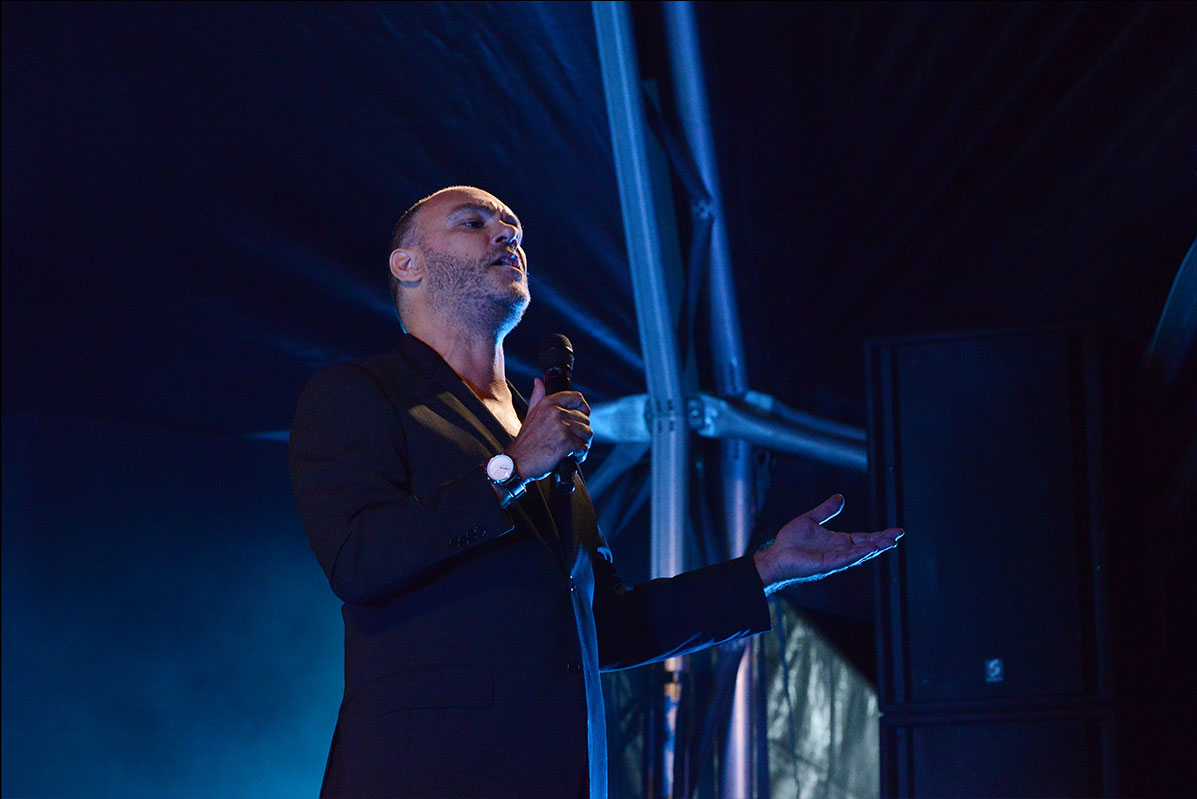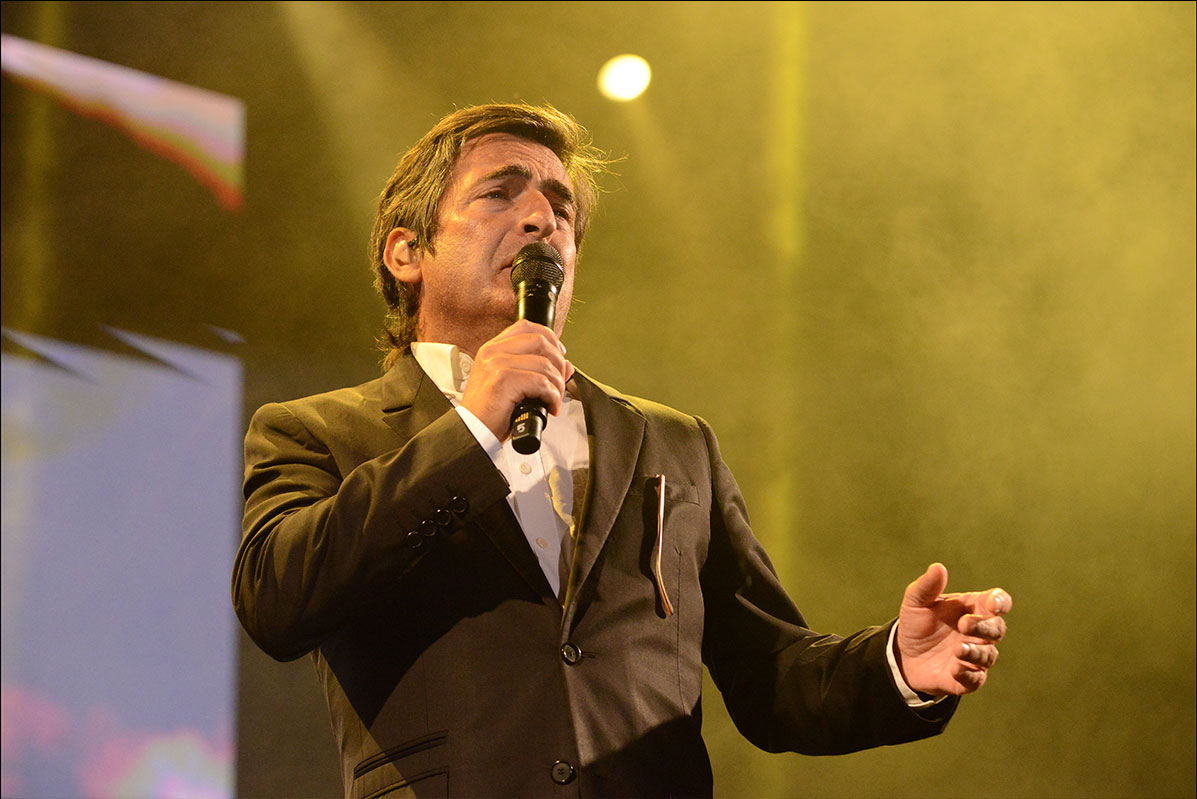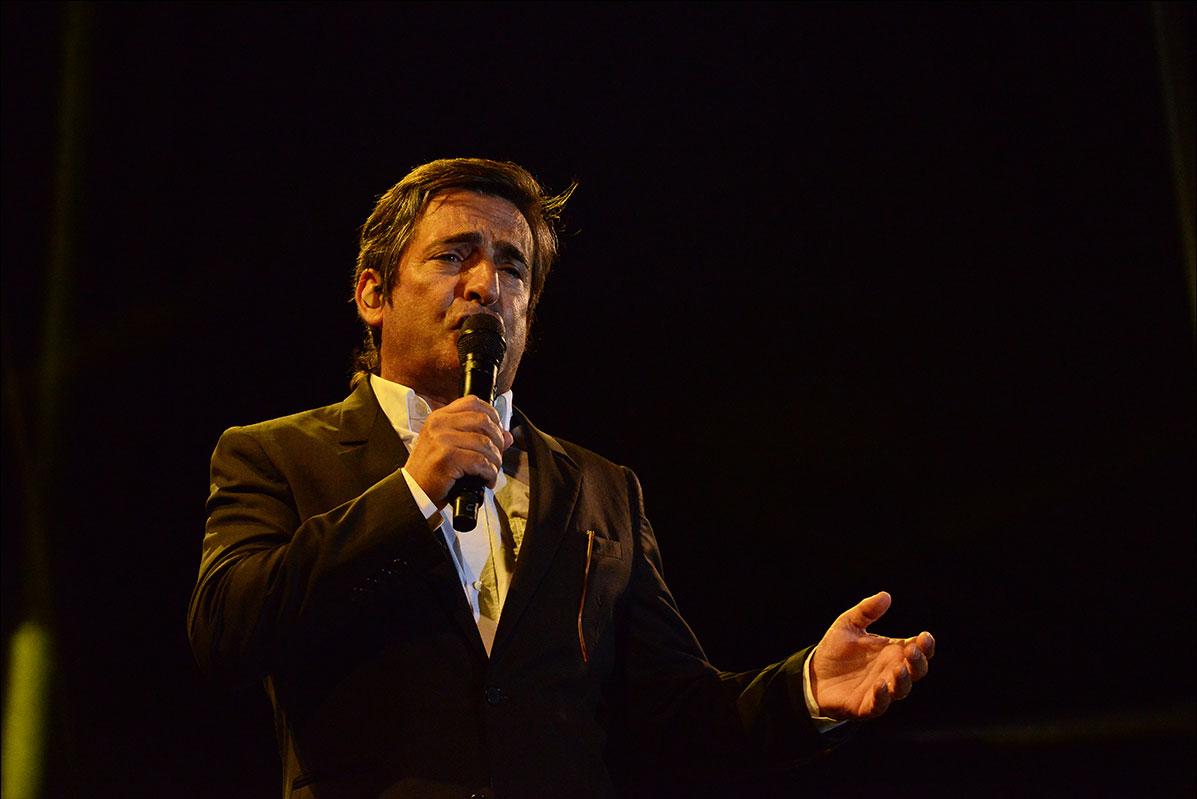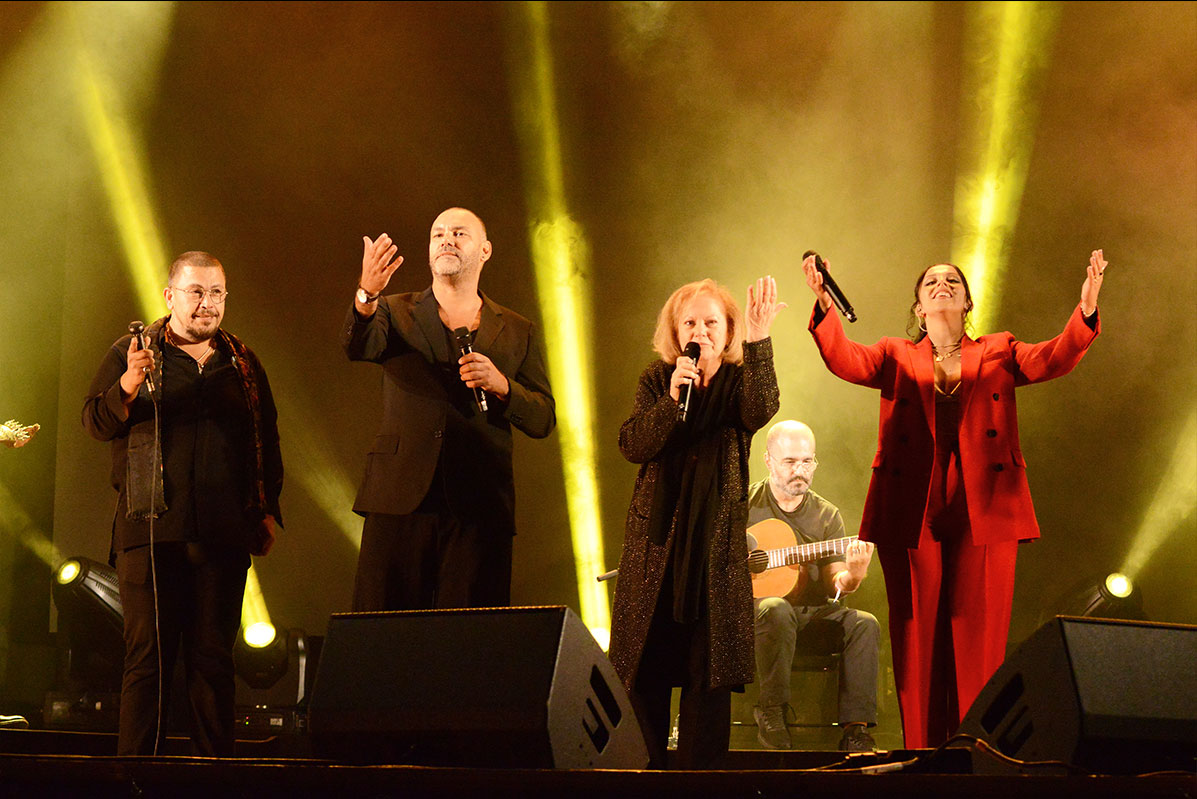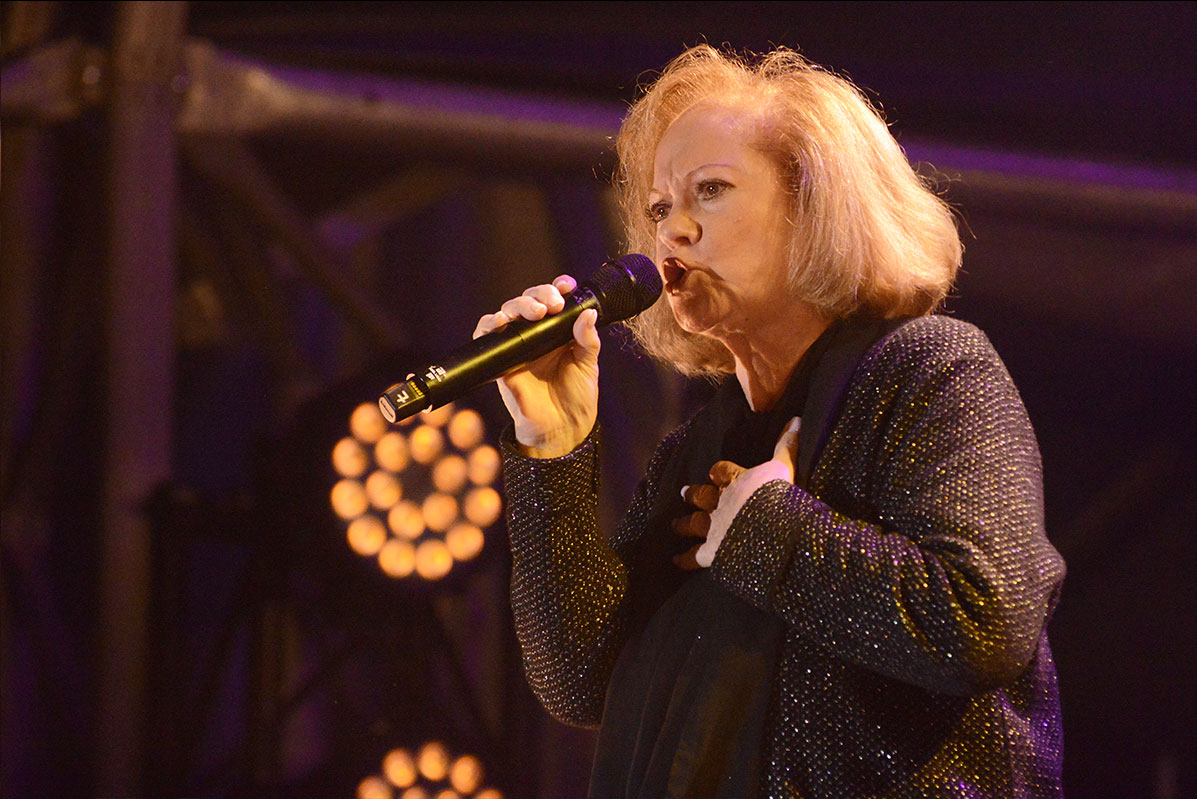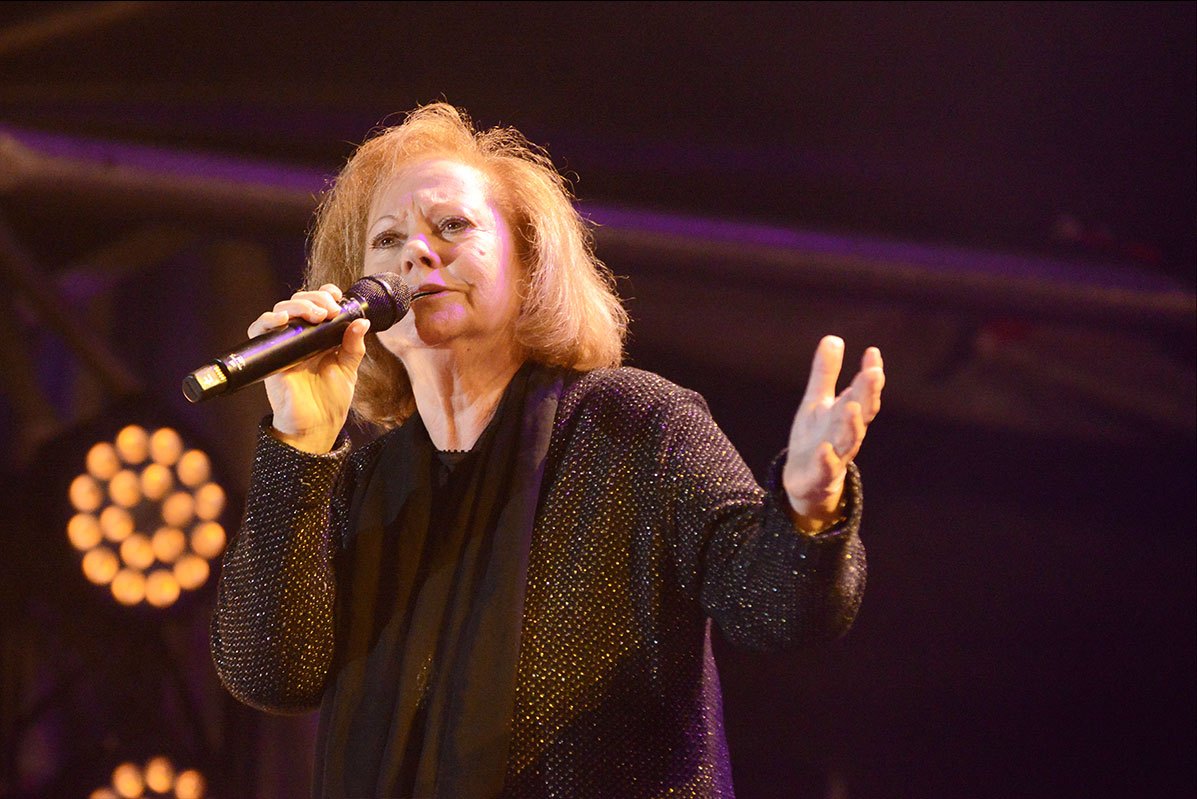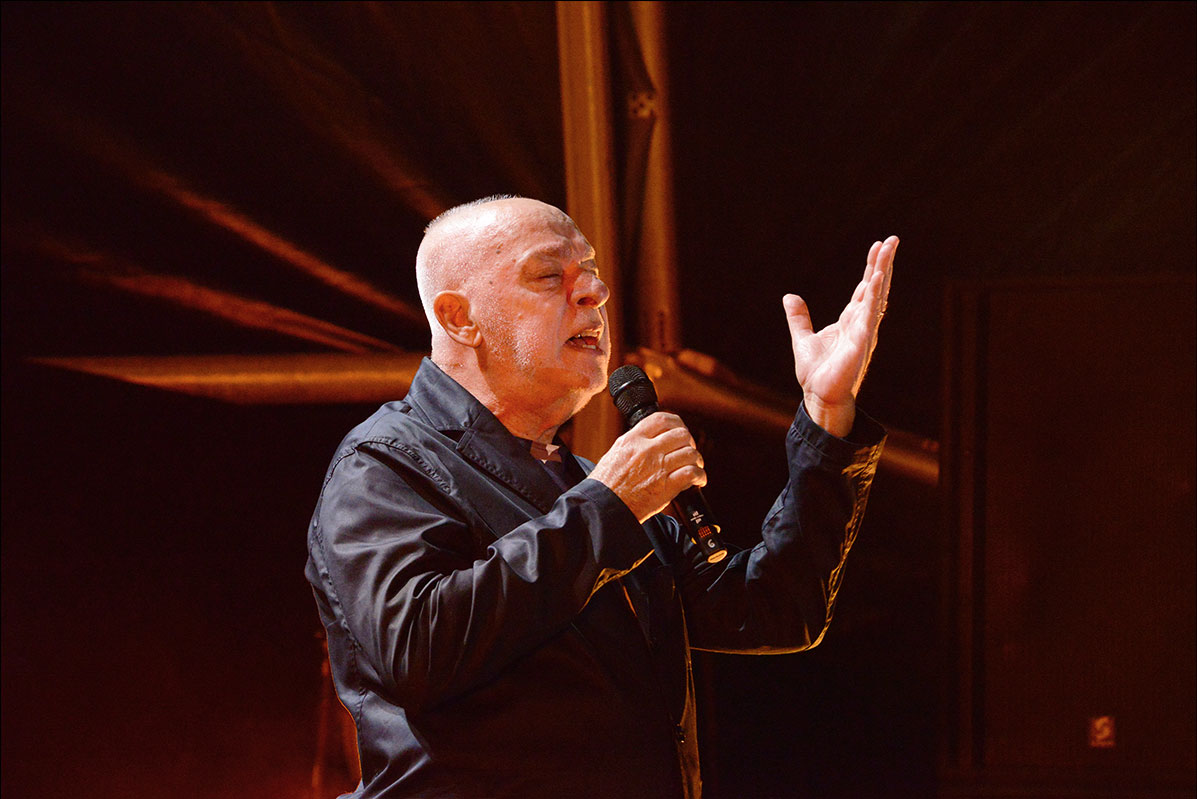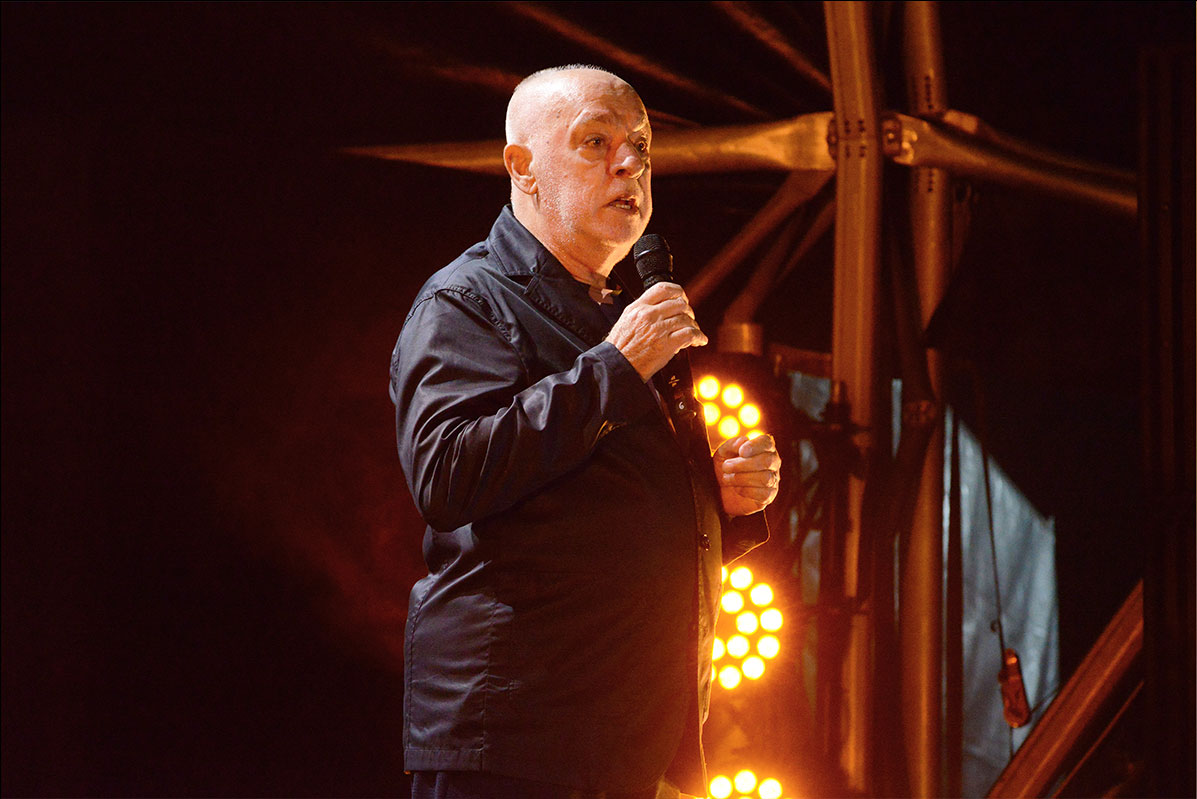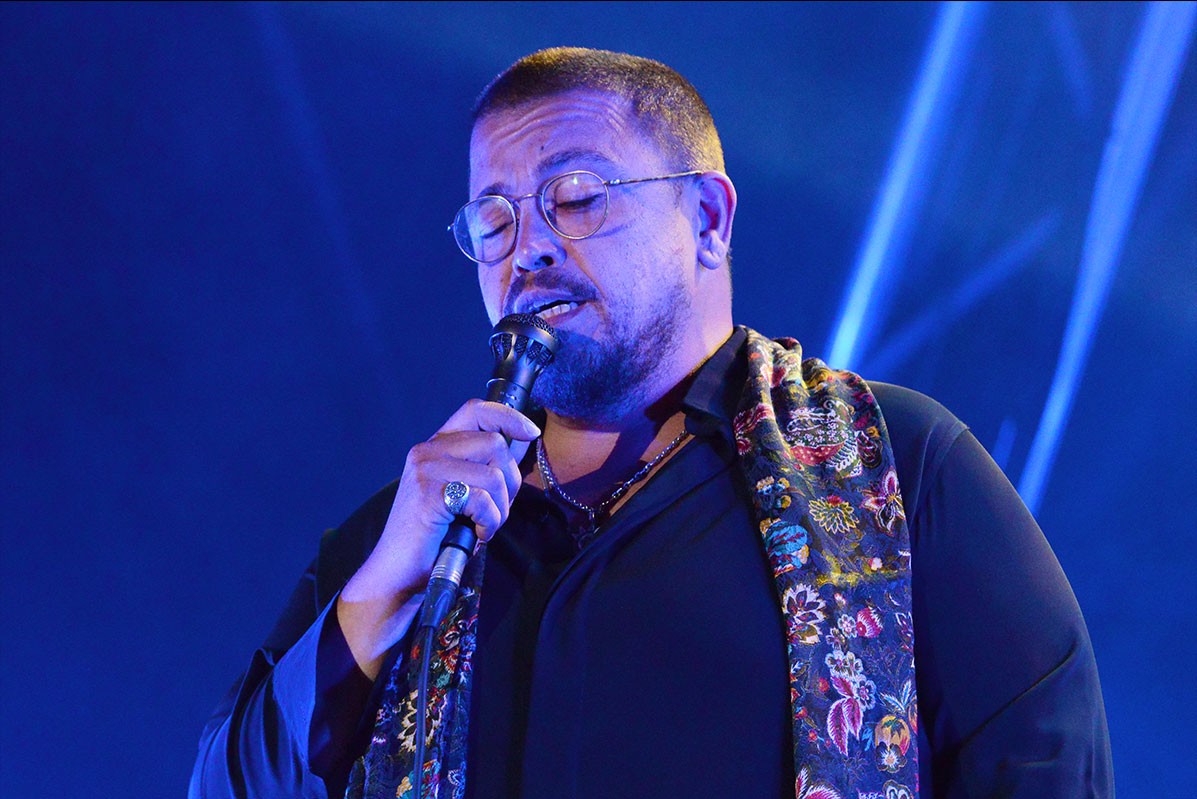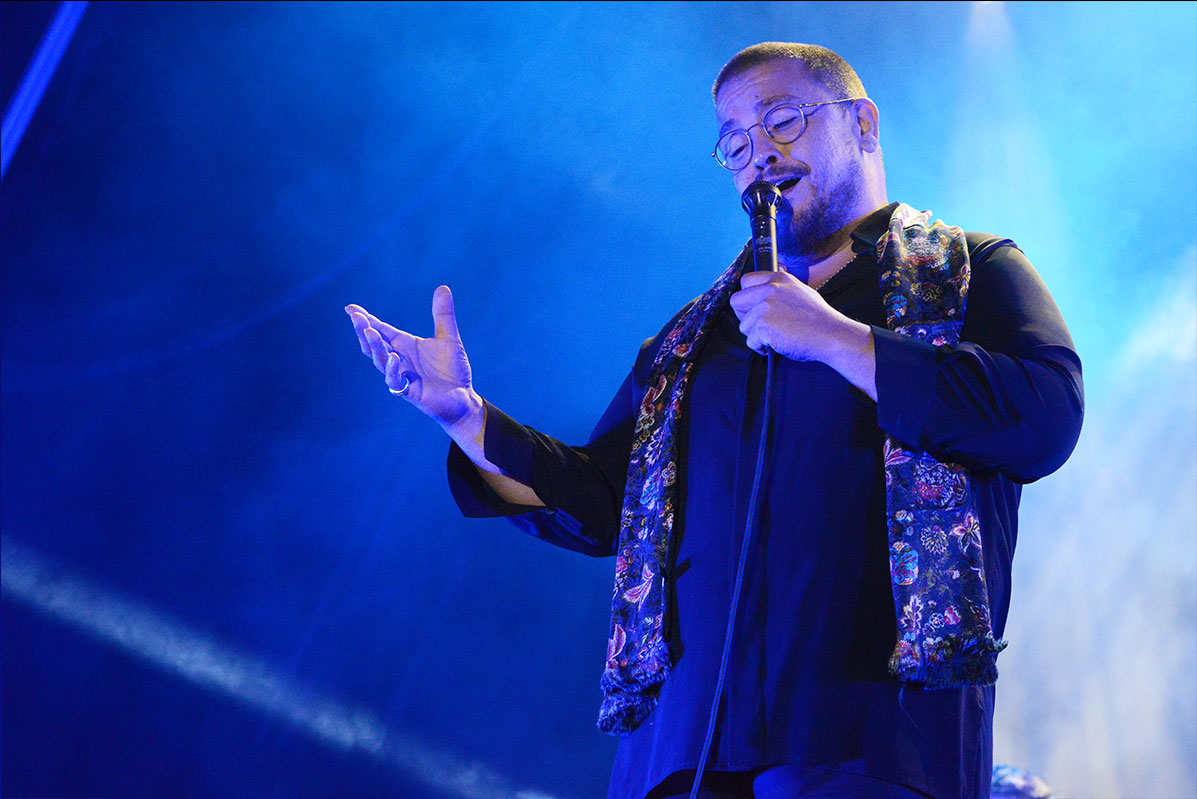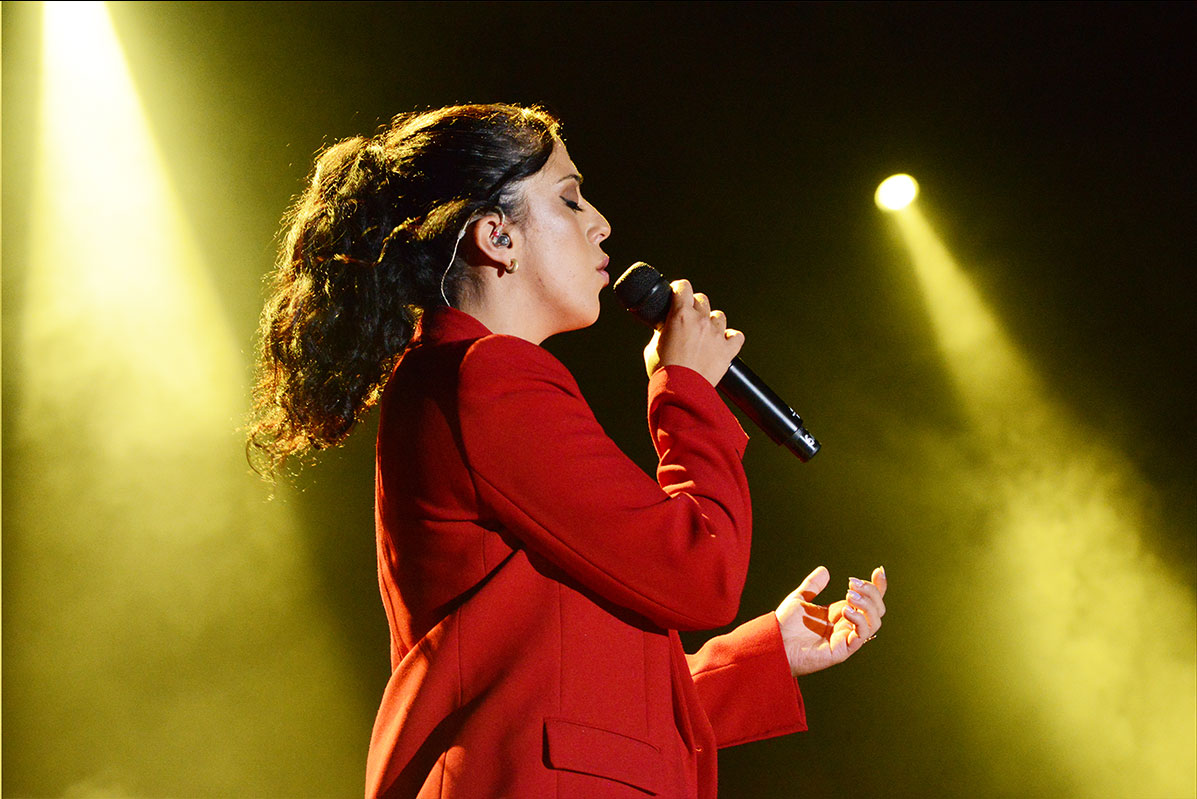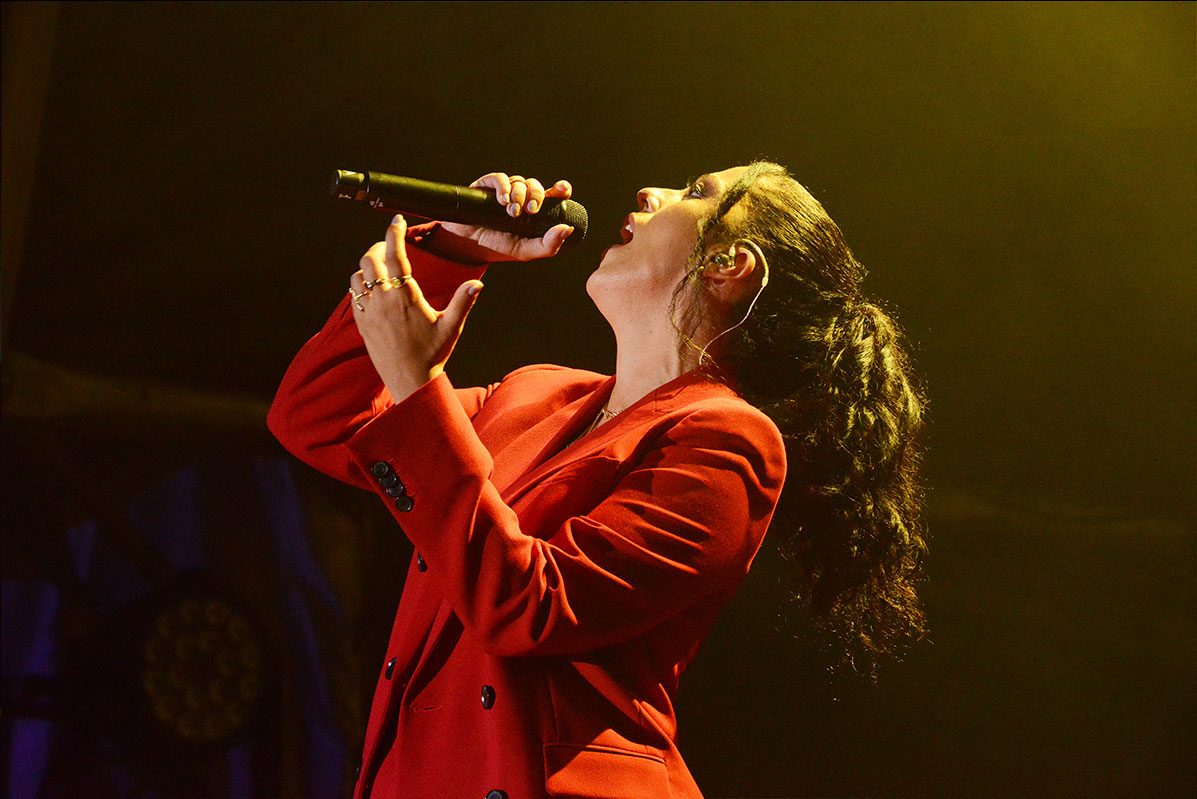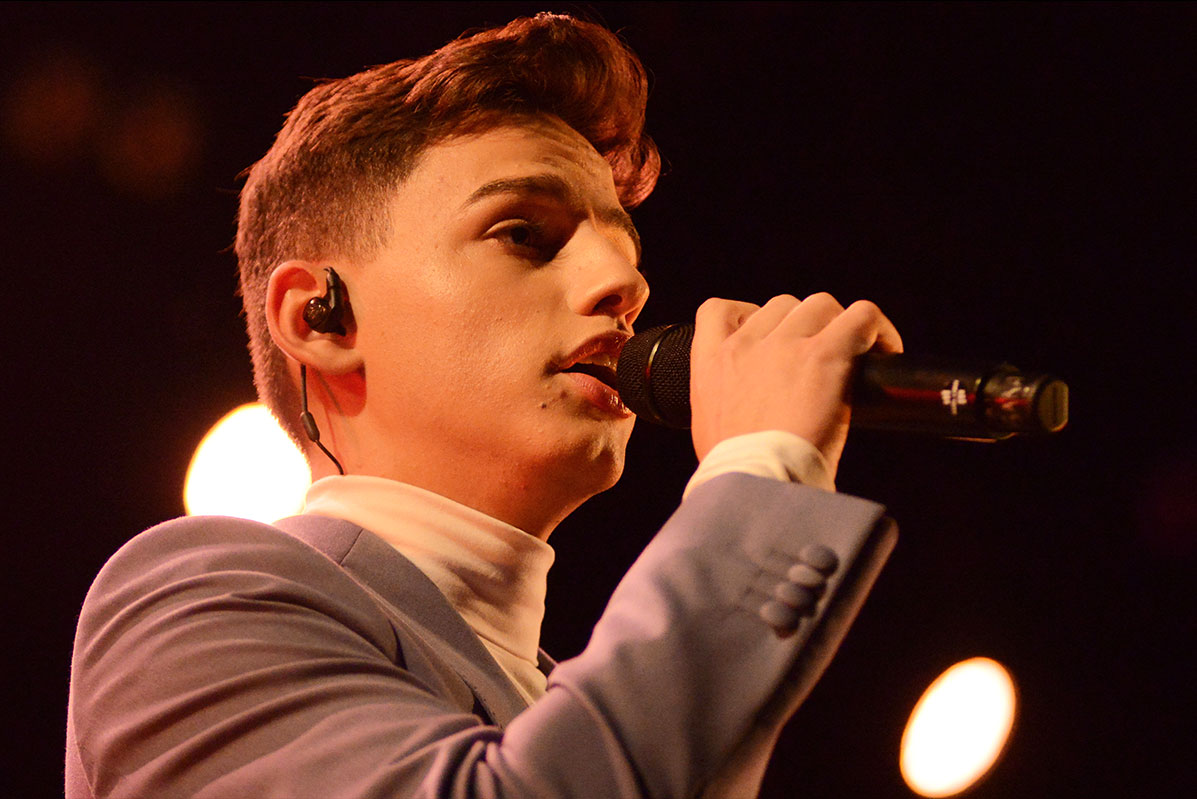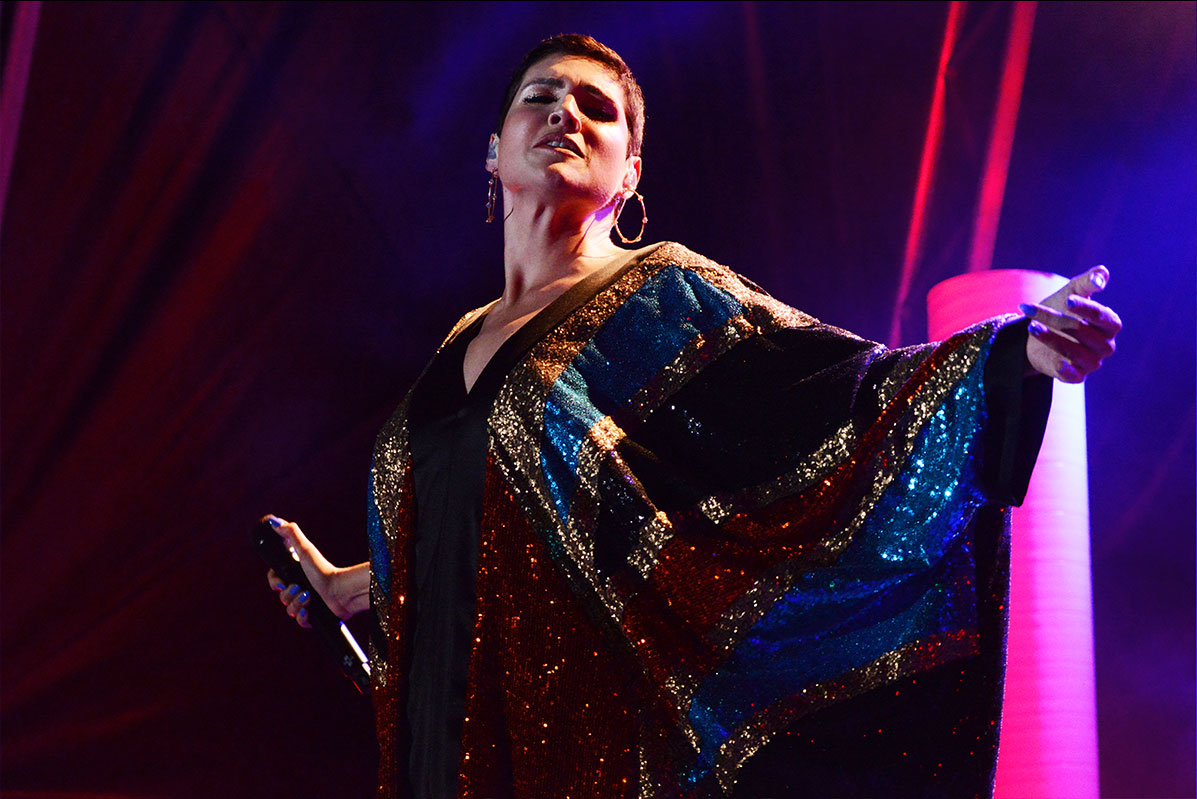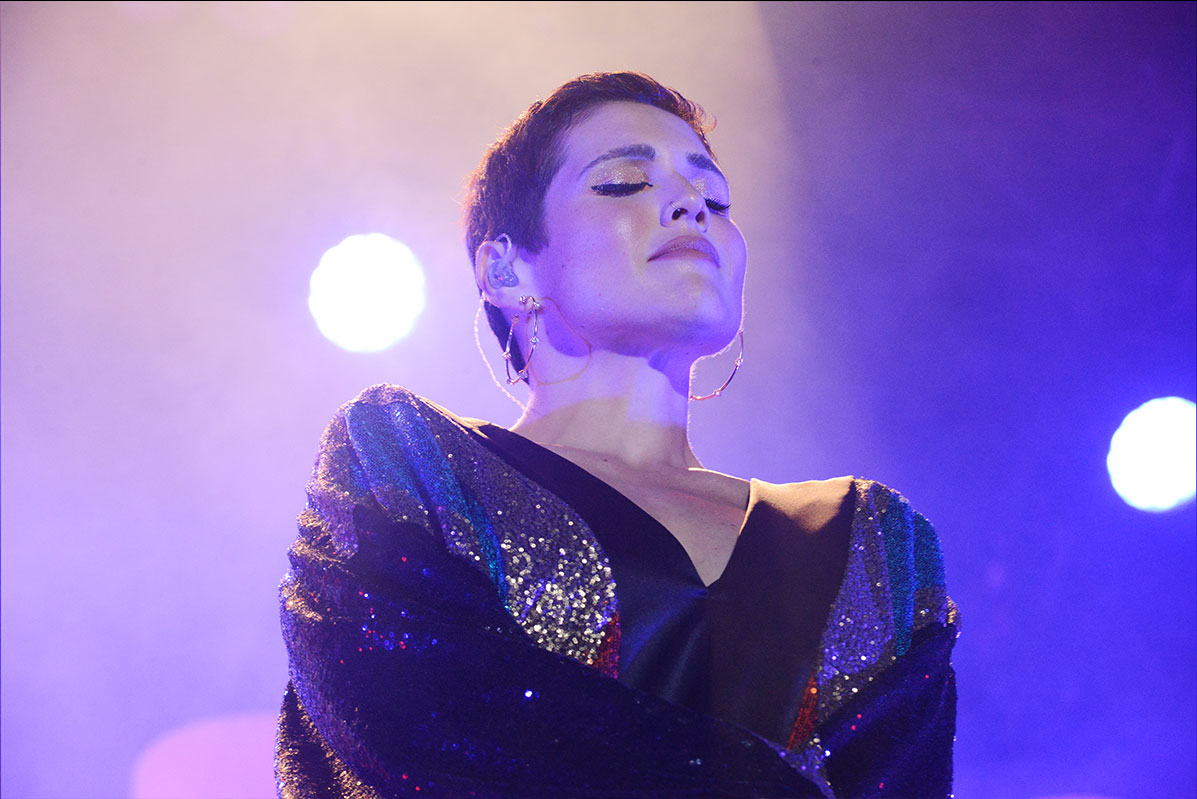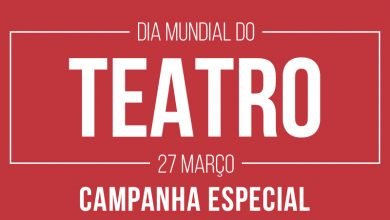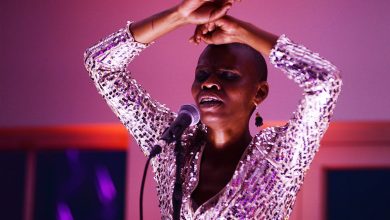Festival Santa Casa Alfama received more than 50 artists, including Camané, Sara Correia, Marco Rodrigues, Paulo de Carvalho, Ricardo Ribeiro, among others, on the Santa Casa stage
The Santa Casa Alfama takes place in the oldest neighborhood in Lisbon, full of magnificent architecture and overflowing with culture. The festival featured ten stages throughout the Alfama district, including churches such as S. Miguel and Santo Estêvão, and recreational societies such as Boa União, Grupo Sportivo Adicence e Magalhães de Lima, and is located at the Fado Museum, and it reaches the riverfront with the main stage, Santa Casa Alfama, and the windows of Largo S. Miguel.
After an edition dedicated to Amália Rodrigues, in the diva’s centenary year, the 9th edition of Santa Casa Alfama, from September 24th to 25th, paid homage to another great name in Fado and Portuguese music: Carlos do Carmo. The year 2021 began with the sad news of the disappearance of someone whose voice is confused with the last fifty years of the country’s history.
The cruise terminal thus hosted a videomapping projection about Carlos do Carmo, and an exhibition about the fado singer, creator of hits such as “Canoas do Tejo”, “Os Putos”, “Trem Desmantelado”, “Lisboa, Menina e Moça” and “Fado Anarda”, among others. It should be noted that all the artists who participated in the festival included at least 1 theme by Carlos do Carmo in their repertoires.
On the second and last day of the festival, September 25, the Santa Casa main stage hosted Miguel Moura, Fábia Rebordão and the Homage to Carlos do Carmo concert with Camané, Gil do Carmo, Maria da Fé, Marco Rodrigues, Paulo de Carvalho, Ricardo Ribeiro and Sara Correia.
The Santa Casa stage opened with the performance of Miguel Moura. Passionate about music, it was at the age of 14 that Miguel heard the voice of the fado singer Mariza and, under the arch of the stairs at his grandmother’s house, he sang for the first time the theme “Ó gente da minha terra”. The people of his land listened and quickly organized a night of fados in which he was the headliner. It was true for everyone that Miguel was going to give cloth for sleeves. And since then he has never stopped!
Hand in hand with the music and with his land, Moura, fate takes him to the VI Gala de Moura. There he sang the Alentejo fashion “Summer” and, broadcast on digital platforms, the young artist had more than 430 thousand views.
[Best_Wordpress_Gallery id=”886″ gal_title=”Santa Casa Alfama 2021 – D2 – Fábia Rebordão + Miguel Moura”]
Then the artist Fábia Rebordão took the stage at 9:15 pm.
Since, at the age of six, she was chosen to sing at a Christmas party at school, music has immediately become Fábia Rebordão‘s focus and vocation. The wooden spoons served as a microphone and the windows of the house were the perfect instrument to reverberate her voice. Later, a neighbor challenged her to learn two fados so that she could perform, for the first time, in “Tasca do Chico”. The experience makes her so inebriated that, in the same night, she sings in the various surrounding houses. Her life would never be the same again: she travels through communities and taverns, where she finds the true essence of Fado.
At 14, she is singing in “Ferreiras”, but also in “Taverna do Embuçado”. At the age of 17, she is part of the musical “My Fair Lady”, by Filipe La Féria, but also shows a thirst for learning by participating, in 2003, in “Operação Triunfo”. In 2011, her first lyrics, “Quem Em Mim Habita”, with music by Alfredo Marceneiro, sets the tone for her first album: “A Oitava Cor”. This isn’t just her debut record – it’s also the album on which Fábia Rebordão performs in full. Five years later, “Eu” appears, an album in which she assumes, even more, her preponderance as a songwriter.
For Fábia Rebordão, fado is the way to sing about life, a life made up of moments full of truth. As a matter of fact, for Fábia Rebordão, fado means truth – and if she is singing with truth, she will always be singing fado. “Eu Sou”, her new album, demonstrates exactly that: never Fábia Rebordão was so Fábia Rebordão, complete and sure of her work. Never before has she been so whole, whether singing the classic words or conveying the stories she tells in her own songs – and she’s never exposed herself as she is now.
[Best_Wordpress_Gallery id=”882″ gal_title=”Santa Casa Alfama 2021 – D2 – Homenagem a Carlos do Carmo pt.1″]
The great spectacle of the Santa Casa Alfama Festival was the Homage Concert to the great fado singer Carlos do Carlos with the participation of giant names in national music such as Camané, Gil do Carmo,
Maria da Fé, Marco Rodrigues, Paulo de Carvalho, Ricardo Ribeiro and Sara Correia.
A unanimous and undisputed figure, Carlos do Carmo always stood out for the careful and at the same time innovative way in which he always looked at his matrix, Fado, and also for the support and encouragement given to new generations of fado singers. For these and other reasons, its influence to elevate Fado over the last fifty years was constant, namely when it gave its precious contribution, together with the Fado Museum, which was also a great driving force, for our music’s candidacy to Intangible Heritage of Humanity.
Santa Casa Alfama then hosted a tribute to Carlos do Carmo in a show produced by Marco Rodrigues, the musicians who accompanied the interpreters in this tribute were the friends who accompanied Carlos do Carmo in recent decades, José Manuel Neto on Portuguese guitar, Carlos Manuel Proença on viola and Marino de Freitas on the bass.
[Best_Wordpress_Gallery id=”884″ gal_title=”Santa Casa Alfama 2021 – D2 – Homenagem a Carlos do Carmo pt.2″]

